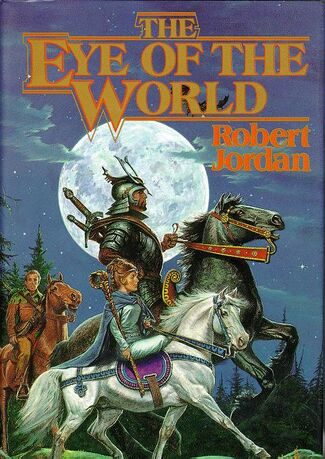So whats been up with me? Well I recently updated the back cover of Walking With Summer Dreams so that the text on the back is now readable (and it looks better too). Also, The summer leg of the Magic Appreciation e-book tour starts tomorrow and I will be attending it again, so check please check that out.
But the big news on that front is that I finally got enough money to purchase the GlobalREACH distribution option from Lulu.com for the paperback version of the book. What that basically means is that the paperback version of Walking With Summer Dreams will become available on Amazon.com (including its UK and European branches), The Barns and Noble website and physical book stores will be able to order, stock and sell the book in their store. So as you can probably guess I'm pretty excited about that. The new distribution will go into effect soon, so I'll let you all know when that becomes official. And I have some left over to do some more marketing so maybe that will help my sales.
Anyway, on with the rant. I just wanted to take a quick moment to talk a little about the the perceived failings of the fantasy genre. And I know that some of this I have touched on before so please bear with me. In the summer of 2010, I studied at Oxford University for a term as an exchange student, and one of the courses I took, not surprisingly, was creative writing with a focus on my filed. Anyway, at the end of the term he gave me a evaluation of what I had shown him (several of which are stories in 'Walking With Summer Dreams' as it happens) and in it he made an observation about the genre as a whole that I thought was fairly interesting. He said that it could be argued that "much fantasy writing actually represents a failure of the imagination, in its tendency to endless reproduce (at great length) a small number of immature obsessions--notably the will-to-power, a fascination with death--in societies which are nostalgically pre-modern/pre-industrial and peopled with unreconstructed gender roles." When I read that, I couldn't help but remember something my Uncle Lamar had said countless times about genre literature. To paraphrase: "Genre literature, is more about distracting the reader from real human drama with special effects."
And guys, as much as I hate to admit it; they're both right, to some extent. Its no secret that like every genre has motifs, archetypes and themes that are repeated over and over again. a Dark lord or an otherwise satanic figure wanting to remake the world in his own image and is only thwarted by a youth who is destined to become a Messianic figure, for example. Or the decedent of a King of a dead nation reclaiming his ancestors crown, or a school that teaches magic and so on. And I would be hard pressed to refute my uncles claim that there is a lot of genre fiction that puts plot and action first and characterization a distant second (I'm looking at you Twilight Saga). But with all respect to the good Professor and my loving (if slightly misguided) mentor; I think that what they failed and/or are failing to see is that A). the reuse of such motifs isn't so much a failure of the imagination as it is a kind of frame for it. And B). like any frame, its only as good as the picture its meant to protect and/or display. And while, like every aspect of this craft, this is by no means a standing rule and it depends almost solely on the skill of the author. It does help put things into some sort of perceptive.
 |
| The Wheel of Time: Book 1: The Eye of The World. |
The point I'm making here is one that 'Hero with a Thousand Faces' made long ago. And that is that it really doesn't matter if an idea, motif, theme or what have you, has been done before. What matters is what you do with it. Rand wasn't Fantasy's first messianic figure, and I highly doubt he's going to be the last. But rather than copy someone else, Jordan (and millions of my fellow authors for that matter) took an old idea and made it their own. And that, I think, is one of the ultimate expressions of the imagination.
Its like I told my Uncle: "If you can't get past the frame and look at the picture. Then you're staring at a wall."
And I'm out. Talk to you guys later ^_^.
I couldn't agree more. Thank you for this.
ReplyDeleteYou're very welcome ^_^. Glad you enjoyed it.
DeleteI'm with you, Will. I see genre motifs as a framework. That framework gives readers a sense of familiarity when they first pick up your book. Besides, what exactly does being a "fan of magical fantasy" mean anyway? If a book doesn't address the archetypes and themes of its genre, then you must be trying to put it into the wrong genre!
ReplyDeleteGenre fiction has always had its detractors. My wife calls them the "black beret" crowd, which roughly translates to "literature snobs." But the truth is that many readers love genre fiction, and genre fiction can be just as well-written as literary fiction.